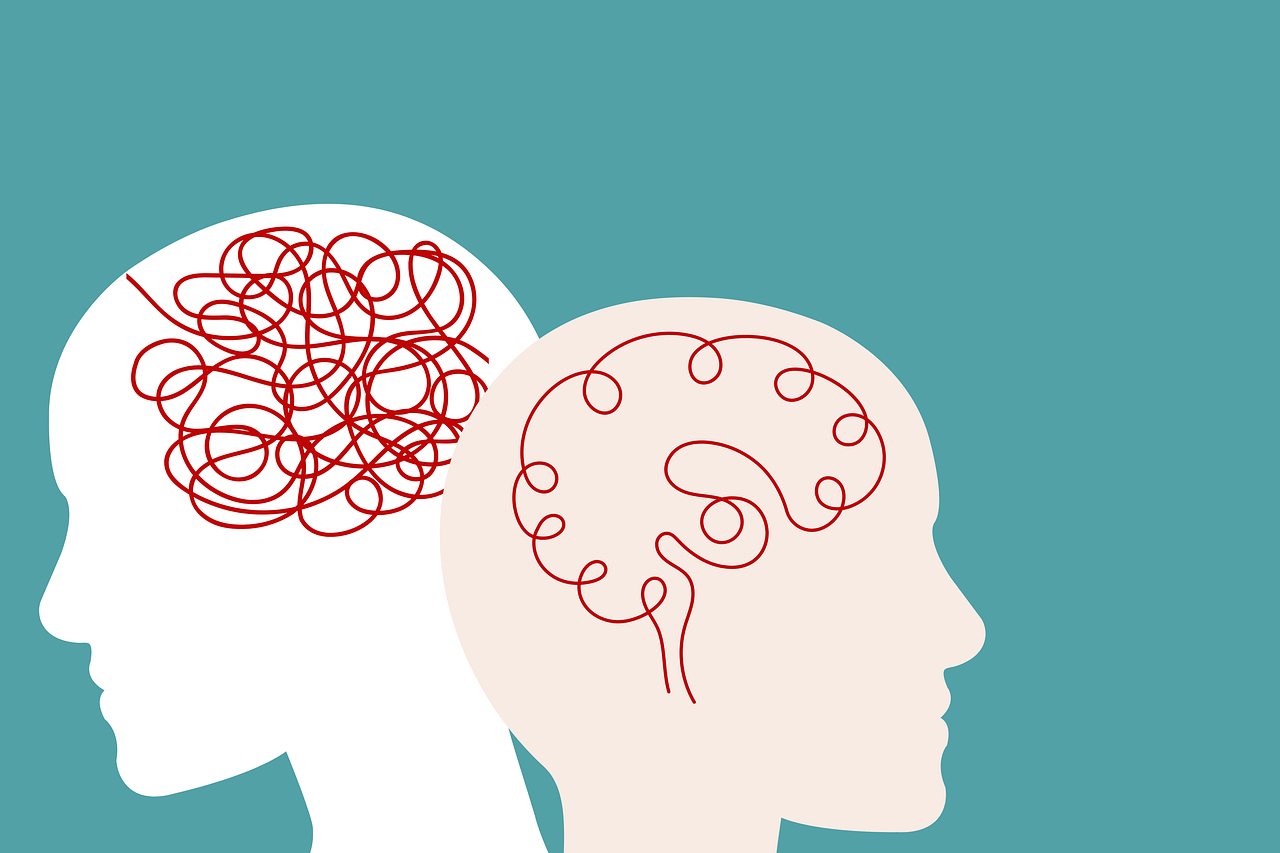As we age, mental health becomes an increasingly important aspect of overall well-being. In this article, we will discuss various strategies and techniques that can be implemented to promote mental health in the elderly. From the importance of social connections to the benefits of physical exercise, we will explore a wide range of factors that can positively impact mental well-being in older adults. Let’s dive into this important topic together.
Understanding the Importance of Mental Health in the Elderly
Maintaining good mental health is just as crucial as staying physically healthy, especially in older adults. Mental health issues in the elderly population are often overlooked, leading to a decline in overall quality of life. By focusing on promoting mental health, we can help seniors lead more fulfilling and satisfying lives.
Mental Health Challenges Faced by the Elderly
As we age, we may encounter various mental health challenges that can impact our well-being. Common issues faced by the elderly include depression, anxiety, loneliness, and cognitive decline. Addressing these challenges proactively can prevent them from escalating and significantly improve quality of life.

This image is property of pixabay.com.
Strategies for Promoting Mental Health in the Elderly
There are many effective strategies that can be employed to promote mental health in the elderly. From engaging in social activities to practicing mindfulness, these techniques can make a significant difference in overall well-being.
Social Connections
Maintaining strong social connections is crucial for mental health in the elderly. Loneliness and social isolation are significant risk factors for depression and cognitive decline. Encouraging seniors to participate in social activities, join clubs, or engage in community events can help combat feelings of loneliness and improve mental well-being.
Physical Exercise
Physical exercise is not only beneficial for physical health but also plays a vital role in promoting mental well-being. Exercise releases endorphins, also known as “feel-good hormones,” which can boost mood and reduce symptoms of depression and anxiety. Encouraging seniors to engage in regular physical activity, such as walking, swimming, or yoga, can have a positive impact on their mental health.
Mindfulness and Meditation
Practicing mindfulness and meditation can help seniors reduce stress, improve concentration, and cultivate a sense of inner peace. Mindfulness techniques involve focusing on the present moment and accepting thoughts and feelings without judgment. Encouraging older adults to incorporate mindfulness practices into their daily routine can help promote mental well-being.
Healthy Diet
Nutrition plays a crucial role in mental health, especially in the elderly population. A balanced diet rich in fruits, vegetables, whole grains, and lean proteins can provide essential nutrients that support brain function and mood regulation. Encouraging seniors to maintain a healthy diet can have a positive impact on their mental well-being.
Cognitive Stimulation
Engaging in intellectually stimulating activities can help seniors maintain cognitive function and prevent cognitive decline. Activities such as puzzles, crosswords, reading, and learning new skills can keep the mind sharp and improve overall mental well-being. Encouraging older adults to challenge themselves intellectually can have long-lasting benefits for their mental health.
Sleep Hygiene
Getting an adequate amount of quality sleep is essential for mental health in the elderly. Poor sleep can exacerbate symptoms of depression and anxiety and impair cognitive function. Encouraging seniors to practice good sleep hygiene, such as maintaining a regular sleep schedule, creating a relaxing bedtime routine, and creating a comfortable sleep environment, can help improve their mental well-being.

This image is property of pixabay.com.
The Benefits of Promoting Mental Health in the Elderly
By promoting mental health in the elderly, we can have a positive impact on their overall well-being and quality of life. From reducing the risk of depression and anxiety to improving cognitive function and enhancing social connections, the benefits of focusing on mental health are numerous.
Improved Quality of Life
Promoting mental health in the elderly can significantly improve their quality of life. By addressing mental health challenges proactively and implementing strategies to promote well-being, seniors can experience greater satisfaction, fulfillment, and happiness in their daily lives.
Enhanced Social Connections
Fostering strong social connections through mental health promotion can help combat loneliness and social isolation in the elderly. By encouraging seniors to engage in social activities and maintain relationships, we can help them feel connected, supported, and valued within their communities.
Reduced Risk of Cognitive Decline
Engaging in activities that promote mental health, such as cognitive stimulation and mindfulness practices, can help reduce the risk of cognitive decline in older adults. By keeping the mind active and engaged, seniors can maintain cognitive function and preserve brain health as they age.

This image is property of pixabay.com.
Conclusion
Promoting mental health in the elderly is a crucial aspect of overall well-being and quality of life. By addressing mental health challenges proactively and implementing strategies to promote well-being, we can help seniors lead more fulfilling and satisfying lives. From social connections to physical exercise, there are many effective techniques that can positively impact mental health in older adults. Let’s continue to prioritize mental health in the elderly population and support their journey to optimal well-being.
